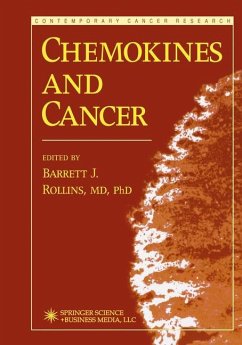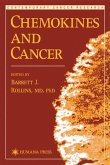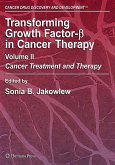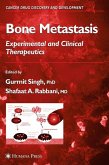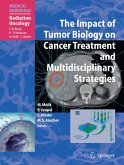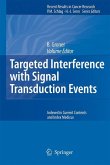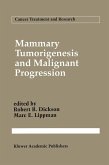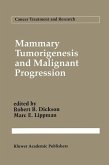Chemokines and Cancer synthesizes a state-of-the-art understanding of the role that chemokines and their receptors play in the pathophysiology of malignancy. It examines the influence of chemokines on a broad array of malignant cells, including their effects on such intrinsic properties as growth and movement, as well as exploring their influence on the host's response to a growing tumor. The authors also demonstrate the physiological consequences of chemokine expression and suggest how chemokines can be used to regulate tumor growth in vivo, including their direct effects on tumor growth, on tumor destruction by host inflammatory cells, and on tumor angiogenesis. The only book available that relates chemokines to cancer, Chemokines and Cancer holds out the promise of novel therapeutic approaches to malignancy through the manipulation of chemokines and/or their receptors.
". . .succeeds in bringing to the fore the important notion of whether chemokine action in tumor development should be antagonized or promoted for therapeutic purpose. . .should be well read."-Cell
". . .a detailed account of what is known of the biology of chemokines in cancer and it provides a very useful summary of the topic."-Molecular Pathology
"...this book is a good collection on a complex subject. It should be useful for both beginners and experts." -Cell Biology International
". . .a detailed account of what is known of the biology of chemokines in cancer and it provides a very useful summary of the topic."-Molecular Pathology
"...this book is a good collection on a complex subject. It should be useful for both beginners and experts." -Cell Biology International

